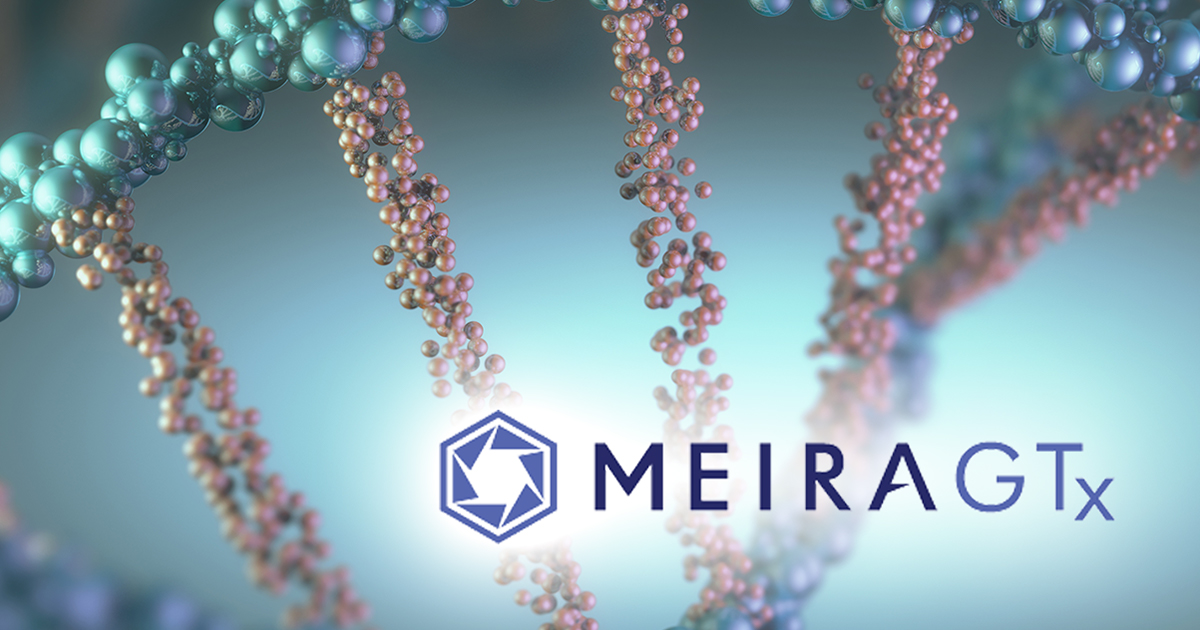MeiraGTx Gene Therapy Candidate for Achromatopsia Moves Forward

An emerging gene therapy candidate for the treatment of inherited eye disease has taken a step forward with MeiraGTx announcing that it has received Priority Medicines (PRIME) designation from the European Medicines Agency (EMA) for A002, which is for the treatment of achromatopsia (ACHM) due to mutations in the CNGB3 gene. A few weeks earlier, A002 received Rare Pediatric Disease Designation from the US Food and Drug Administration.
ACHM is an inherited eye disorder characterized by color blindness, absence of daylight vision, aversion and extreme sensitivity to light, and a slow, progressive loss of photoreceptor cells.
PRIME is a program launched by the EMA to enhance support for the development of medicines that target an unmet medical need. MeiraGTx’s PRIME application was based on non-clinical in vivo data and early clinical safety data from the company’s ongoing Phase I/II dose-escalation study.
A002 is an adeno-associated virus (AAV) investigational gene therapy designed to rescue retinal cone cell function and increase survival by supplementing photoreceptor cells with CNGB3. It is delivered via a sub-retinal injection to cover the central region of the retina, including the fovea.
“With receipt of this important designation, we are excited to begin working closely with the EMA to accelerate A002 as a potential treatment option for patients living with this challenging and painful condition,” says MeiraGTx’s president and CEO, Zandy Forbes, PhD.
Mentioning the FDA’s recent decision to issue Rare Pediatric Disease Designation for A002, Dr. Forbes adds, “We are very pleased with the momentum of our ACHM program and the recognition by regulatory agencies of its potential to help those in need of effective treatment options.” A002 had previously received orphan drug designation from the FDA and the EMA.
MeiraGTx has a number of other gene therapy products in the pipeline. The company is developing a treatment for age-related macular degeneration, and also products for treatment of neurodegenerative disorders such as Alzheimer’s, Parkinson’s, and amyotrophic lateral sclerosis, and for xerostomia, a frequent and debilitating side effect of radiation treatment for head and neck cancers. In addition to the trials for achromatopsia and xerostomia, the company is also conducting trials for treatments in Leber congenital amaurosis and X-linked retinoschisis (XLRS).
MeiraGTx is not alone in developing gene therapies for inherited eye diseases. Of course, late last year Spark Therapeutics became the first company to get FDA approval of a gene therapy to treat an inherited disease – Luxturna for biallelic RPE65 mutation-associated retinal dystrophy. Applied Genetic Technologies Corporation – AGTC – has ongoing clinical trials in X-linked XLRS, X-linked retinitis pigmentosa, and, like MeiraGTx, in ACHM due to mutations in the CNGB3 gene as well as in the CNGA3 gene.
For questions about this article, please contact Steve Lenier at Steve@stevelenier.com.
